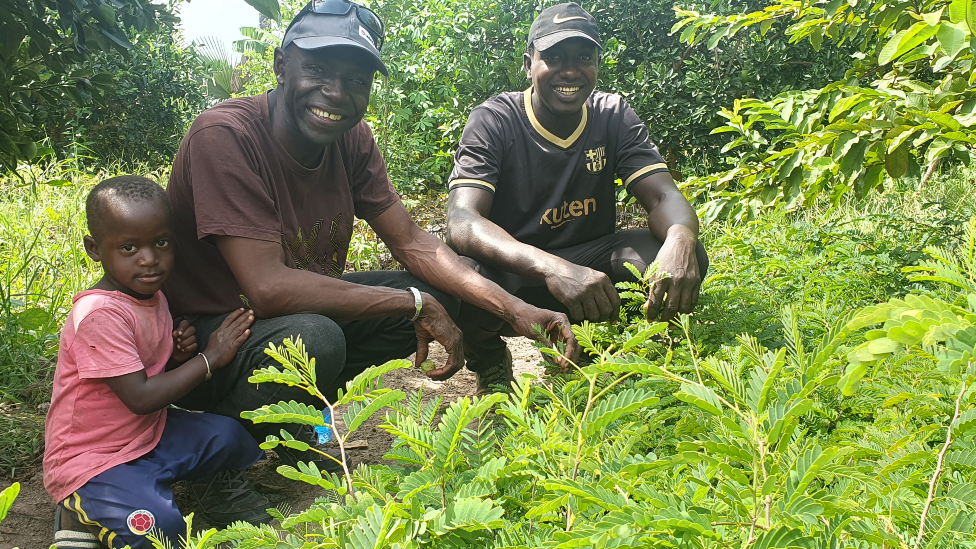
Under the canopy of the Mbao classified forest, on the fringes of Dakar’s ever-expanding urban sprawl, President Bassirou Diomaye Faye launched a bold national campaign to plant one million trees within 48 hours.
The symbolic planting of a baobab and a mango tree—two iconic species in Senegal—marked the start of this ambitious reforestation initiative aimed at combating the climate crisis and reclaiming the country’s natural balance.
Speaking at the launch of the 2025 Reforestation Caravan, President Faye declared: “It’s not just about planting trees, but about planting our future.”
His remarks underscored the urgency of reversing the environmental degradation caused by deforestation, urban encroachment, and shifting climate patterns.
The campaign is built around collective action, inviting participation from all sectors of Senegalese society.
Government institutions, local councils, schoolchildren, farmers, and members of the diaspora are all being urged to take part in what has become a test of civic responsibility and ecological awareness.
The initiative’s standout feature is its intensity: one million trees, two days, one country. Digital tools are being used to geolocate every tree planted and to provide real-time tracking of progress, making the effort as transparent as it is inclusive.
The Mbao forest, where the campaign began, was declared a reserve in 1935 and has long served as Dakar’s green lung. Today, it faces existential threats from illegal land sales, encroaching construction, and waste dumping.
The decision to start the campaign here highlights the forest’s symbolic and ecological significance.
“Each tree planted is a testament to our responsibility to those who will come after us,” President Faye said, asserting that environmental sovereignty is now a cornerstone of national policy.
Beyond the impressive numbers, the campaign signals a deeper shift—towards territorial resilience, community-led restoration of degraded lands, and a revival of indigenous agricultural wisdom. But the real challenge, many say, will come after the 48 hours end: nurturing the seedlings into thriving forests and sustaining a greener, more resilient future.



